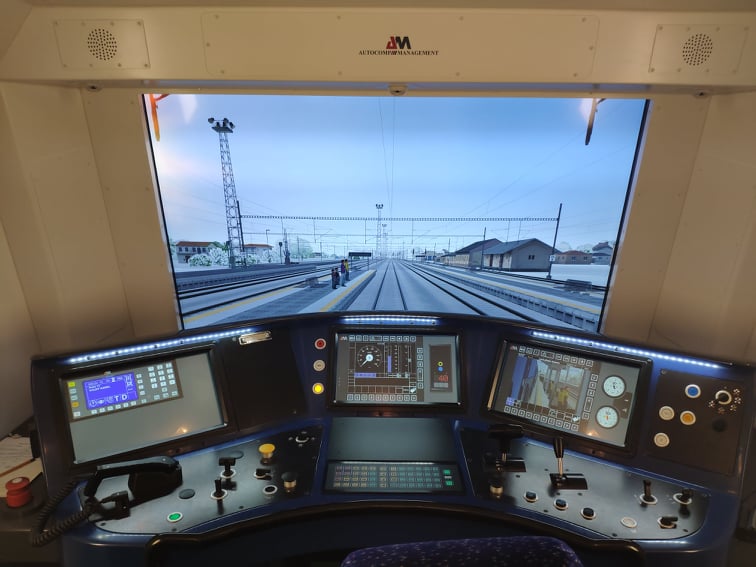Courses Studies
Courses
In addition to the above research groups, the members of the Transport Technology Group also provides tuition of the following courses within its scope:
Bachelor's degree programme

17TEDL Transport Technology and Logistics
2nd semestr, common part of studies
Students should learn basic methods of transport technology, transport planning and transport organisation depending up the technology of each transport modus.

17TVD Technology of Public Transport
5th semestr LOG
Students should be able to design a proposal of public transport services in a specific area depending up the urban structure. They should use all levels of proposal planning process in public passenger transport with subsequent interpretation of proposed system efficiency.

17GEDS Geography of Transport Systems
6th semestr LOG, DOS
The aim is to introduce students to the transport-geography issues in particular in relation to transport planning. In addition to acquiring theoretical knowledge a part of the course also deals with the basic methods of transport geography research (e. g. regionalization, measurement of accessibility, regional transport service, and mode choice).

17Y2SK Urban and Regional Rail Transport System
elective, 6th semestr, all study fields
Students should be able to design proposals of urban and regional rail public transport systems, optimize urban / regional rail line network, form timetable influenced by line network and rolling stock circulation, such as configurate of model crew and staff rosters.
Master's degree programme

17TZND Technology of Railway Transport
1st semestr LA, DS
Students should be able to design systematical proposals of operational concepts and infrastructure improvements arising therefrom - system running time, designing of crossing stations - and to quantify expenses incurred, and to quantify cost of the operational concept. In designed station should be able to evaluate the station blocking time.

17TSI Technology of Road Transport
1st semestr LA
The goal is to familiarize students with road transport in the Czech Republic (including international transport) in legal, technical, technological, logistic and safety context.

11DOPM Transportation Planning and Modeling
3rd semestr LA
Explain principles of creating a transportation model and which phases must be followed. Gain practical experience, creation of a transportation model on a study. Model is a tool for urban sprawl and land use. The ultimate focus is on building smart cities.

17Y2SJ Network Timetabling on Railway
elective, 2nd semestr, all study fields
Creating of network-bounded railway timetables respecting all technological rules and own circulation schedules. Students will practise timetabling concerning various vehicles and capacity restrictions. During education will students win knowledge necessary for planning of operational-safe transport concepts, including network relations.

17Y2MS Microsimulation of Railway Operation
elective, 3rd semestr, all study fields
Student should be able to design systematic proposals of operational concepts and verify them using simulation tools, including the effect of delays. Student should also be able to formulate specific requirements on the infrastructure resulting from the proposed operational concept.